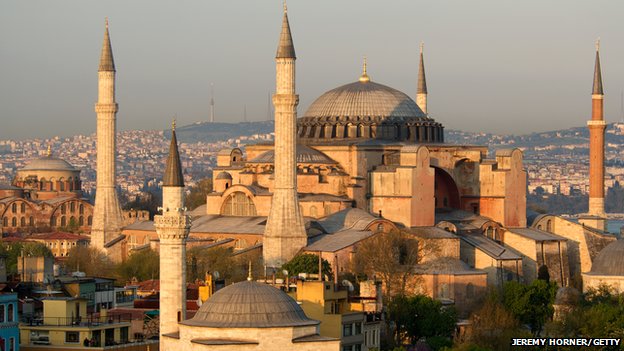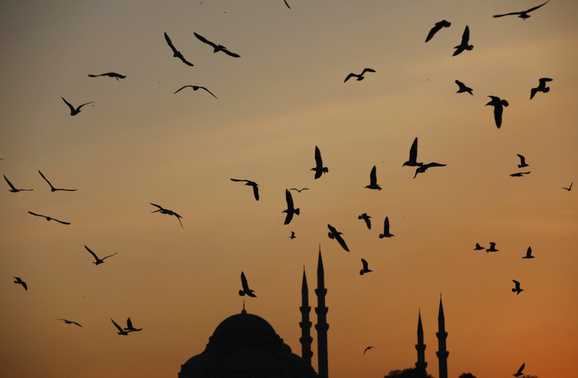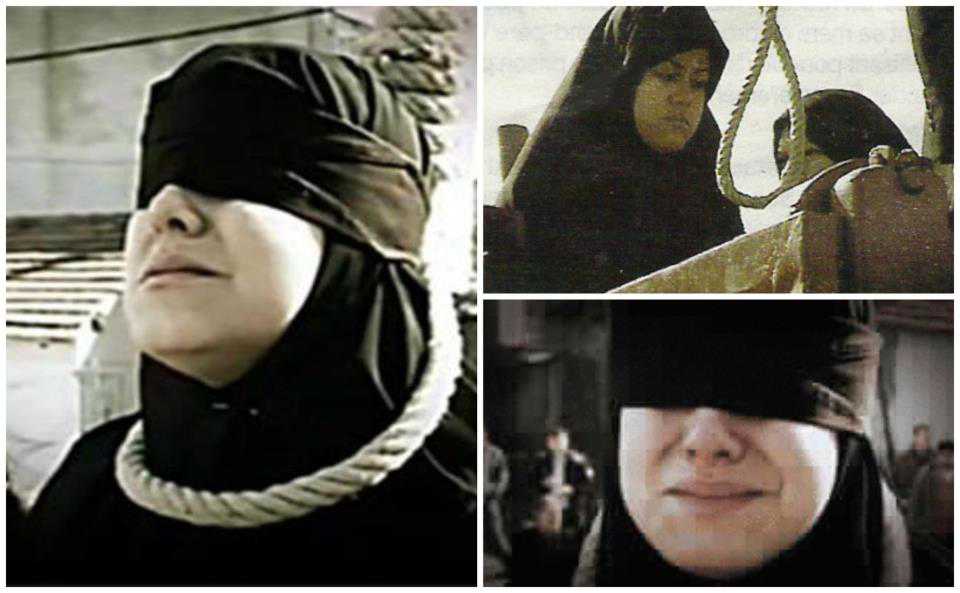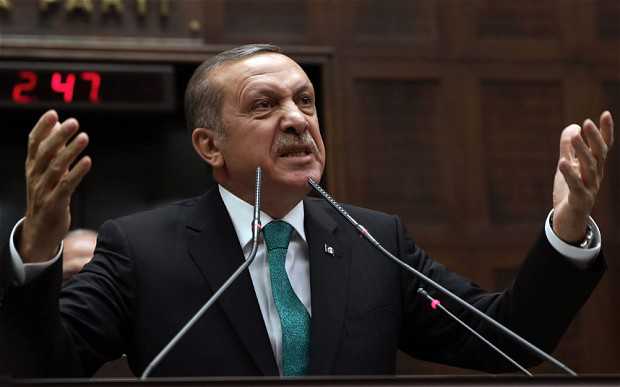Balancing Sharia: The Ottoman Kanun
By Professor Edhem EldemBogazici University, Istanbul
 Hagia Sophia was used as a church for 916 years but, following the conquest of Istanbul by Fatih Sultan Mehmed, it was converted into mosque. In 1935 under the order of Atatürk it became a museum
Hagia Sophia was used as a church for 916 years but, following the conquest of Istanbul by Fatih Sultan Mehmed, it was converted into mosque. In 1935 under the order of Atatürk it became a museumThe Ottoman Empire lasted 600 years, spreading from what is now Turkey to span three continents. Under Suleiman the Magnificent (1520-1566) it stretched across most of the Middle East and North Africa, as well as the Balkans, the Black Sea, and Eastern Europe, and came close to capturing the Austrian capital, Vienna.
The scale of the Ottoman empire’s achievements was made possible by reconciling secular politics with Islam – balancing the demands of the religious establishment with the ambitions of the sultans and the army. For the Ottomans this was the Kanun; a secular legal system that co-existed with religious law or Sharia.
Borrowed from the Arabic qānūn; the word originated from the ancient Greek kanôn (κανών), describing a measure, a norm, a standard, a rule, and by extension a law. In English, the same word is used to describe a high standard, as in a “canon of beauty”; it is also used to describe “canon law,” or the body of laws upheld by the Church.
Sharia is derived directly from the Koran and the Sunnah, or path, of the Prophet Muhammad. Originally designed to regulate a relatively small community of believers, as Islam spread and matured under increasingly complex state structures and ever growing diverse populations, it became difficult to address certain matters based on Sharia alone.
The Ottoman Empire

- The Ottoman Empire was the one of the largest and longest lasting empires in history
- It was an empire inspired and sustained by Islam and Islamic institutions
- It reached its height under Suleiman the Magnificent (reigned 1520-66), when it expanded to cover the Balkans and Hungary, and reached the gates of Vienna
- The Empire began to decline in the 16th Century and was effectively finished off by the WWI and the Balkan Wars
- Why was the Ottoman Empire so successful?
The sultans of the Ottoman Empire realised this and used the Kanun to complement, supplement, and sometimes supplant religious law.
Sharia was simply not sufficient to deal with needs such as taxation, administration, financial matters, or penal law. The basic idea was to complement Sharia with a number of rules and decrees enforced by the secular authority.
Another disadvantage of Sharia was that its application depended greatly on the interpretation of sources by the ulema (scholars), making standardisation difficult. This was particularly true of the Sunnah, the path of the Prophet, best described as the way of life and deeds that he himself followed, advocated, or approved of, and which was recorded by his followers in a series of hadiths (traditions).
The value and meaning given to one tradition or another could vary according to context, and from one legal expert to another. What could satisfy the needs of a small community could easily fail to respond to the requirements of a state administration in terms of scope and predictability.
The Ottomans were not the first Islamic state to make use of secular Kanun; but they brought its use and implementation to an unprecedented level as their state rapidly developed from a frontier principality in the early 14th Century to a fully-fledged empire 200 years later.
This rapid growth had forced the Ottoman elite to develop an ideology of their own, focused on the pre-eminence of the sultan.
Having embraced Islam relatively late, and surrounded by a number of other Muslim states, stressing their own distinctive ideology acquired even greater importance. The initial Ottoman expansion had also taken place at the expense of Christian lands in western Anatolia and the Balkans, particularly the Byzantine Empire, which was reduced to a mere shadow of its past glory.
These contacts had exposed the conquering Ottomans to different legal practices, while at the same time forcing them to work out ways of integrating sizeable non-Muslim populations into the system.
 The initial Ottoman expansion took place at the expense of Christian lands in western Anatolia and the Balkans, particularly the Byzantine Empire
The initial Ottoman expansion took place at the expense of Christian lands in western Anatolia and the Balkans, particularly the Byzantine EmpireThe first concrete examples of the codification of Ottoman Kanun took form towards the end of the 15th Century. This was a period of consolidation of sultanic authority following the symbolically crucialconquest of Constantinople in 1453. By becoming a de facto heir to the Roman Empire, via the Byzantine, the Ottomans had progressed from a confederation of frontier warlords to the much more demanding role of an empire under a single and unchallenged rule.
The Kanun was one of the principal instruments of this transformation, by granting to the sultan the power he needed to exercise his authority to the full.
The first such codes, called Kanun-name, or literally “book of law”, had to do with financial and fiscal matters, which lay at the heart of state revenues. Based on custom (örf), these documents generally tried to reconcile previously existing practices with the priorities and needs of the Ottoman state.
The best examples are the numerous Kanun-names granted to individual provinces following their conquest. Typically, such a provincial book of law would maintain most of the taxes and dues existing under the previous rule, and simply adapt them to an Ottoman standard.
‘Fratricide’
One of the most decisive outcomes of the use of Kanun was the redefinition of Ottoman society in a two-tiered hierarchy. At the top, were the askeri, literally the “military,” a tax-exempt ruling class consisting of the “men of the sword,” the “men of the book,” and the “men of the pen.” At the bottom, the rest of the population, labeled as the reaya, the “flock,” whose duty was to produce and pay taxes.
One of the biggest challenges for the Ottomans was to impose secular law at the centre of the empire in order to consolidate the position of the sultan at the pinnacle of power. The most extreme example of this was the “law of fratricide” attributed to Sultan Mehmed II, known as the Conqueror after he took Constantinople in 1453.
The text of this law was brief but terrifying: “Whichever of my sons inherits the sultanate, it behooves (is necessary for) him to kill his brothers in the interest of the world order; most jurists have approved this; let action be taken accordingly.”
“Start Quote
Whichever of my sons inherits the sultanate, it behoves him to kill his brothers in the interest of the world order…”
The law of fratricideUsed in the time of Sultan Mehmed II
This was a perfect example of secular law permitting an act that Sharia would have never condoned – the assassination by a newly enthroned sultan of all his brothers for fear of a repetition of the fratricidal conflicts that had plagued the Ottoman system of succession.
This law was maintained and followed for about a century and a half, until popular reaction and fear of dynastic extinction led to the unfortunate brothers being held in captivity instead of killing them.
The mention in the law that “most jurists have approved this” suggests there was an effort to prove that this law was compatible with Sharia; and also, that this opinion was not unanimous and that there must have been a good deal of arm-twisting to obtain the approval of “most jurists”, unless this was entirely a legal fiction.
This potential tension between Kanun and Sharia provides precious insight into the dynamics of Ottoman power politics and state building during the same period.
These transformations of the Ottoman system present striking similarities with what was happening in Western Europe at the same time. The efforts deployed by all these states to control taxation in order to promote the growth of a central army and bureaucracy are at the very centre of the emergence of the early modern state.
 At its height the Ottoman lands stretched over more than one million square miles
At its height the Ottoman lands stretched over more than one million square milesCrown and Church were also pitted against each other in the struggle over resources and authority. By trying to exert increasing control over the religious hierarchy, the Ottomans hoped to force it into submission and turn it into yet another instrument of sultanic power.
The reign of Suleiman the Magnificent was a perfect example of this. Religion was gradually brought under state control by the setting up of a hierarchical structure centred in the capital, Istanbul. Any important member of the religious administration had to undergo a centralised process of formation and selection and would depend entirely on the state for any position and promotion.
A new office was also invented to top this structure: that of the sheikhulislam, literally the “leader of Islam”. This individual would oversee the whole system and answer to the sultan, much like the grand vizier would do for secular matters.
Ebussuud Efendi – Suleyman’s sheikhulislam saw to it that conformity between Kanun and Sharia was maintained, at least on paper. The flexibility of his jurisprudence was such that he managed to find ways of legalising interest-bearing loans, a most reprehensible practice by stricter standards of Sharia.
It is rather telling that Suleiman’s nickname in Turkish is not “Magnificent,” but Kanuni, the “Lawgiver,” for it was under his reign the use and formulation of secular law reached its institutional peak.
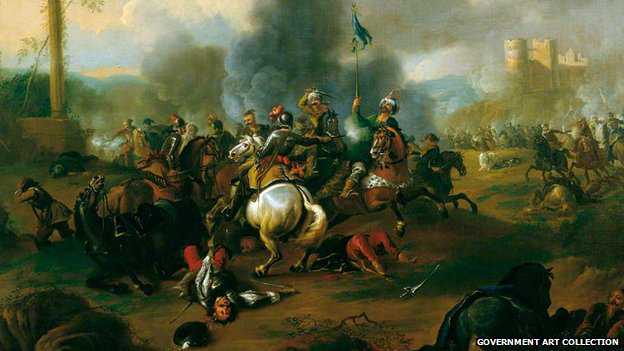
The Ottomans: Europe’s Muslim Emperors a three-part television series presented by Rageh Omaar can be seen on BBC Two on Sunday from 6 October.

